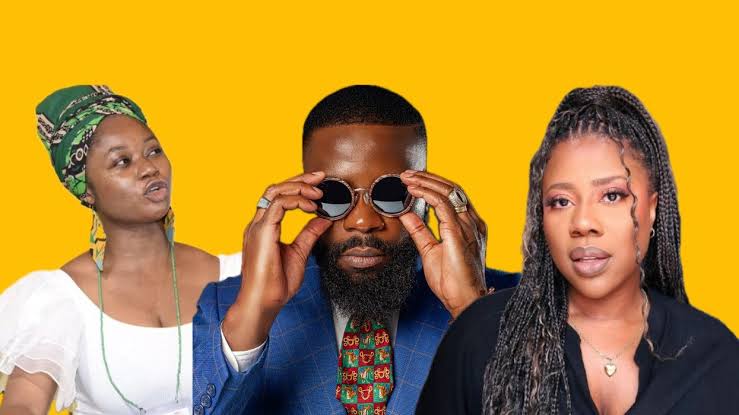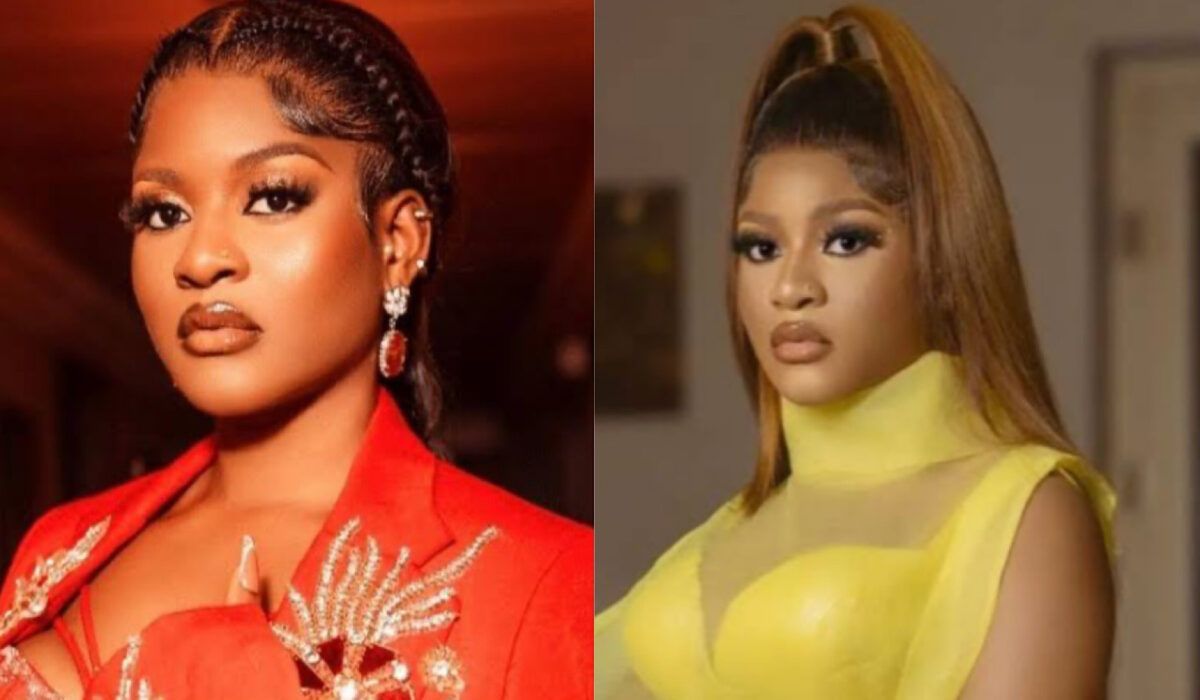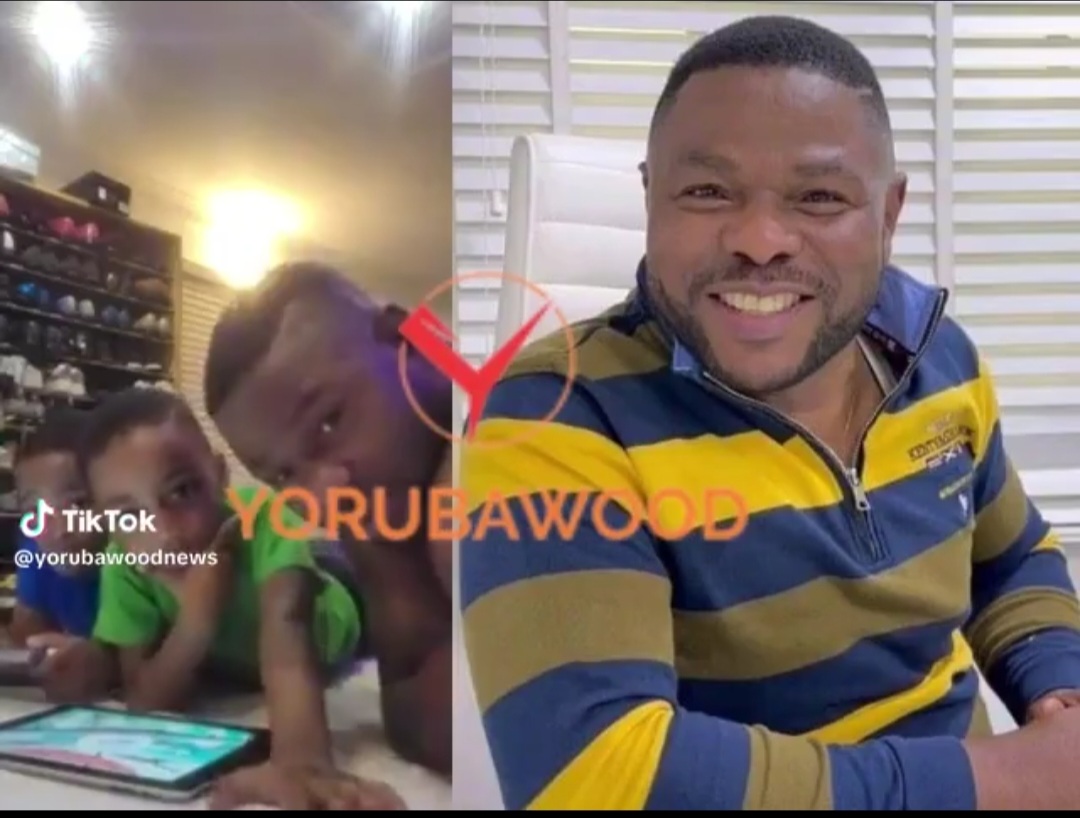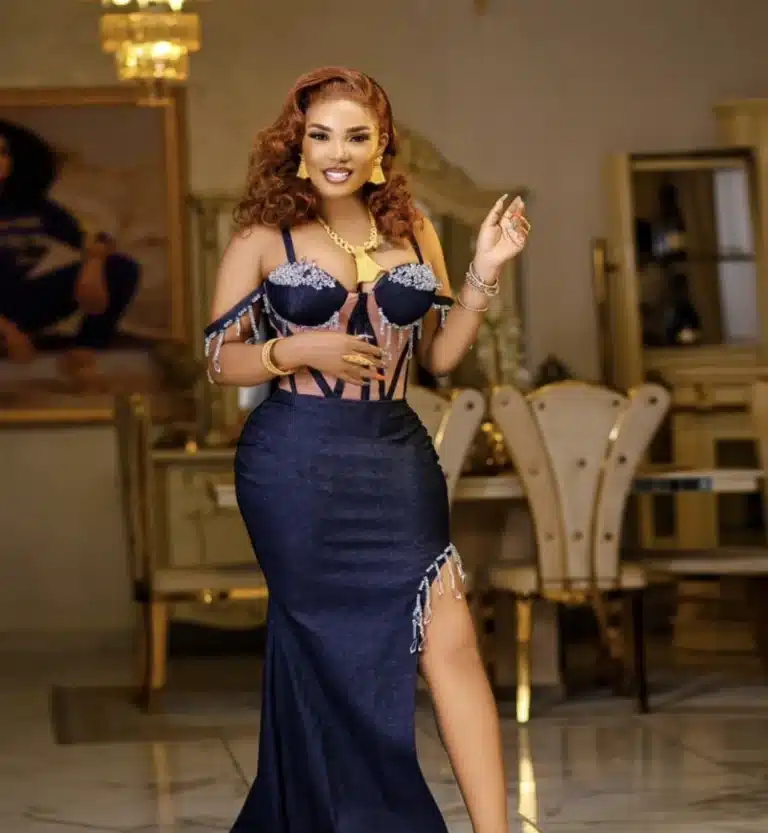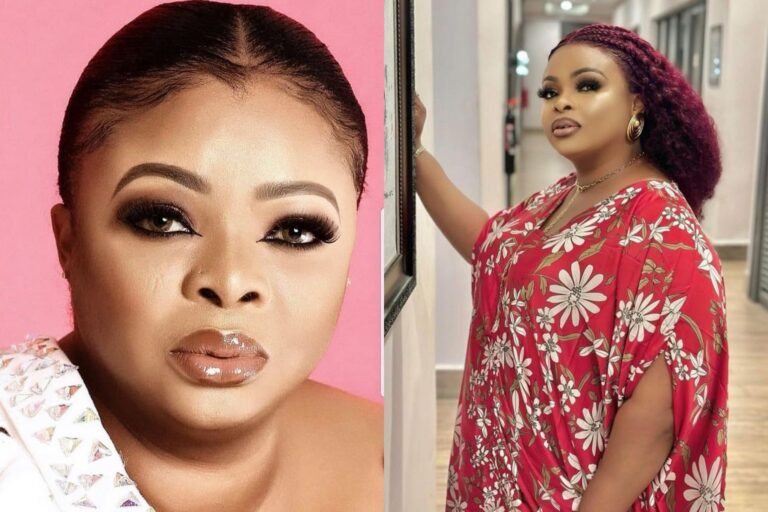Influencers from Africa: Foyin Ogunrombi (right), Levi Maluvele (center), and Charity Ekezie (left)
Three African Influencers on the Condition of the Continent’s Industry
In order to learn more about the process of producing content that aims to impact the internet ecosystem, OkayAfrica speaks with some of the most well-known figures on the continent.
Although the term “influencer” has long been used, it wasn’t until the late 2010s, with the emergence of social media platforms like Facebook and Instagram, that it was also employed as a job description.
Over time, common social media users have transformed into salespeople with the power to persuade the public to act in a variety of ways.
For many years, celebrities like Kim Kardashian, Khanyi Mbau, and Temi Otedola were a surefire way for brands to attract interest in whatever they were selling at the time.
What Is Influencer Marketing?
Influencer marketing “takes the idea of celebrity endorsement and places it into a modern-day content-driven marketing campaign,” according to Influencer Marketing Hub. In addition, Influencer marketing, however, isn’t limited to famous people.
Rather, it centers on influencers, a large number of whom would never regard themselves as famous in a non-digital context. Globally, the industry is expected to be valued $21.1 billion by 2023.
And we know that top earners like American creator Charli D’Amelio are raking in amounts in the millions because magazines like Forbes are willing to publish how that wealth is divided among the creators themselves. But, like with anything, not everyone has the opportunity to earn $17.5 million in a single year just from TikTok.
We gets insights from three influencers on the continent about the difficulties associated with being a social media influencer and their personal growth.
Listed Below Are The Top Three Influencers In Africa
1. Foyin Ogunrombi

Ogunrombi is a South African-Nigerian creator that shares beauty, lifestyle, and style material with her 21,000 Instagram followers.
Ogunrombi’s journey towards influence started when she created a blog in the seventh grade, aiming to delve deeper into and share her preferred beauty and fashion trends.
In an interview, she stated, “That was in 2009, but the social media platforms I use now all started around 2012, so I’ve been pushing my content and brand since then.”
Top Three Influencer in Africa, Read More Below!
2. Charity Ekezie
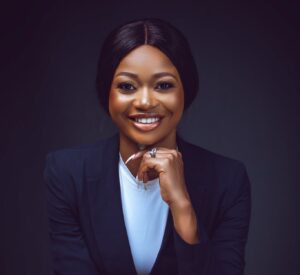
Nigerian influencer Ekezie, who has over 3.5 million followers on various social media platforms, decided to start sharing her content online about nine years ago out of a genuine love for entertainment. She also has a journalism degree to help her with her efforts.
In an interview, she recalled, “I started my YouTube channel in 2014, but I was too afraid to post anything.” However, I was creating quick sketches for Instagram and Facebook. Although just two individuals saw them, it was significant and gave me a sense of fulfillment.
Top Three Influencer in Africa, Read More Below!
3. Levi Maluvele
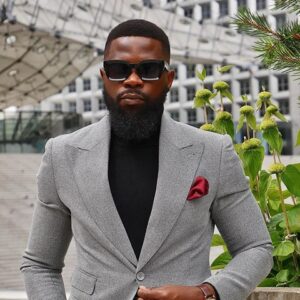
The Mozambican fashion lover started expressing himself online because he wanted to escape a world that frowned upon males who were passionate about fashion. According to Levi Maluvele, “I started about 11 or 12 years ago,” during an interview.
“In the past, I would get dressed up, have a photo taken of me, and then upload it to the internet. I like setting new fashion trends and dressed up for work. I really started to generate content when the movement of well-dressed Black males emerged and sponsors wanted to promote me.
Because I think dressing good has a powerful influence, I wanted to encourage young guys to be recognized and valued.
African heat can be combined with traditional European designs, as American fashion is often quite laid back.
Top Three Influencer in Africa, Read More Below!
The Evolution Of The “Influencers” Job Title
Even though all three of them wanted to grow their following and create a community of like-minded social media users, the word “influencer” has only lately become widely used.
Ekezie remarked, “I had no idea there was a job description.” “Back then, I just did what I enjoyed for enjoyment and to challenge myself to step outside of my comfort zone.
I have always enjoyed performing, even as a young child. However, I had no idea what a “influencer” was, so I never gave it much thought.
Ogunrombi, who remembers her roots forming during “the age of the blogger,” expresses thoughts that Ekezie does as well. “At that time, we were all bloggers,” claims Ogunrombi.
I was one of the youngest people creating at the time, roughly sixteen years old, and embracing the Gossip Girl and Teen Vogue lifestyle.
I attended fashion shows in the front row in order to write blog critiques. If you were a blogger, you would have a website with extensive written content. Back then, we were all writing.
The 27-year-old claims that the change started in 2015 when the social networking app Instagram, which allows users to share photos, gained significant traction.
She adds, “especially in South Africa.” “At that point, the creation of visual content began to eclipse written content as the primary method.”
Top Three Influencer in Africa, Read More Below!
Generating Profits From Content
Social media platforms started charging for the material that users created and shared in 2007 through the sale of advertising or, subsequently, viewership.
However, sponsorships and brand agreements are the true, and only, meat and potatoes for people who reside outside of Western borders.
“I was approached by a company to endorse their product in exchange for the products themselves, and that was my first deal,” recalls Maluvele.
The majority of Ogunrombi’s income has also come from her partnerships with other brands. “The money I’ve made from the platforms themselves and from ad revenue is so little that it doesn’t even qualify as real money,” Ogunrombi stated.
Unexpectedly, Ekezie’s first paid job came up quite early in her internet career. “I didn’t start making money until 2021,” the woman stated. “I would occasionally receive small amounts, but these were merely stipends.
I had no one when I first started. I was only doing things for my pals, and nobody knew who I was until I created my TikTok account in 2020.
Although African influencers have had greater opportunities in recent years, obstacles to their achievement still exist. “We make different amounts than our international counterparts.
In contrast to the United States and the United Kingdom, AdSense does not allow one to become a millionaire in South Africa, claims Ogunrombi.
On the other hand, some applications don’t offer resources so that users in Africa can make money from them.
Ekezie claims that while YouTube and X (previously Twitter) pay African producers, TikTok, Instagram, and Facebook do not. “If you go live on TikTok and viewers send you money, you can get paid,” the user states. “I depend on brands.
READ MORE BELOW!!!
Top 10 Comedians in Nigeria 2024
The Top 10 Actresses in Ghana 2024
Up until a year or two ago, that was the only way I could make money. There would be one, two, or three deals per month.
It’s not a reliable timetable. You simply hope for the best and get lucky. I was unable to begin earning a living until I signed up for YouTube last year.
Top Three Influencer in Africa, Read More Below!
Misconceptions and obstacles related to enforcing
Many people still believe that creating content is not a legitimate career when they are looking in from the outside. The process of creating content itself is not without its challenges.
In addition to the need to persuade complete strangers on the internet to become so interested in you that you end up impacting many of their everyday purchasing decisions.
According to Ogunrombi, “the most annoying misconception is that it’s easy.” “I believe that a lot of people don’t realize how much labor is involved in the job.”
People think a field that is dominated by women is stupid or not worthy of respect,” the woman continues. There is a great deal of pressure and scrutiny. We are constantly in need of fresh concepts.
Editing takes a lot of work. You are, in many cases, a single individual, but actually a team of ten. Because it appears simple, people try to minimize it, but that is just the point. It is intended to appear simple.
Maluvele thinks that because of misunderstandings, the phrase has turned into more of a barrier than anything else. “I like to use the word “inspiring” over “influencing,” he declared. “Because the goal was to genuinely improve society from the start.
It was more about fostering these dynamics among young people and altering societies and ideas. to be able to examine oneself and determine your life goals, beginning with your appearance.
Top Three Influencer in Africa, Read More Below!
The “SWEET SPOT” Of Africa Influencers
In recent years, African culture has drawn a lot of attention from around the globe, and many of the continent’s inventors, in Ekezie’s opinion, have discovered their calling. Nigerians are not the majority of her audience, she claims.
My audience is primarily in the West, so if a Nigerian company wants to advertise to Nigerians, I will regrettably decline their request since I don’t want to accept their money and I won’t be able to provide any results because the majority of my followers are from outside of the country.
There aren’t many Africans viewing my vids. Although they are already aware of how we live here, they can still relate to my content.
I’m not teaching my people; rather, I’m educating foreigners, who are the real audience for my videos. Actually, my intention is to educate individuals who are ignorant about Africa, thus I would be dissatisfied if I were to get more Africans than other nationalities.
